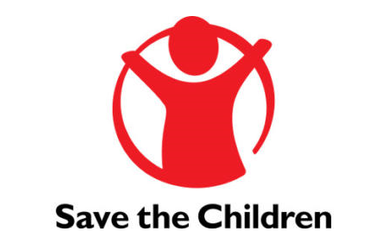Income at Save the Children UK fell by £49m last year after being hit by the government’s aid budget reduction and continued lockdown restrictions, according to its most recent annual report and accounts.
The charity raised £240m in 2021 compared with £289m in 2020, despite increases in income from shops and legacies year-on-year.
Francis D’Souza, chief financial officer at the charity, said he expects income to recover this year.
“Our performance in 2021 was affected by an exceptional combination of factors.
“The position is improving in 2022 as fundraising and trading recover. We’ve also seen an incredible outpouring of generosity towards families driven from their homes in Ukraine.”
Coronavirus restrictions and aid budget reduction
Save the Children said the UK government's decision to reduce the aid budget from 0.7% to 0.5% “led to budget cuts for several of our projects” and when the UK’s transition period for leaving the EU finished this meant the charity lost access to EU development and humanitarian funding.
The accounts state Covid-19 restrictions in the early part of last year hit Save the Children shops and fundraising events.
Shop income was up by £3m on 2020, to £7m, but this was still £3.5m down on 2019. They are forecast to return to profitability this year.
Unrestricted income was up £1m on 2020, at £76m, “but remained substantially lower than pre-pandemic levels”.
Income from individuals and communities was £46m, down £2m on 2020. The sharpest decline, £28m, was from institutional donors. Regular donations and one-off donations also fell, as did fundraising event income and appeal income.
Corporate, major donors and trusts accounted for £28m, down from £49m the year prior.
Legacy income increases
In 2021, the accounts show 887 supporters gave £19.3m in their wills. This marks an increase of about £2m since 2020, however it was “still lower than our historic average” which may be “partly because of continuing delays at the probate office”.
Christmas Jumper day raised more than £2m and the public gave £1.9m to the charity’s emergency fund.
Total spend was £236m, which marks a £47m reduction on the previous year, and was partly due to the charity being unable to go ahead with certain projects due to the pandemic and global conflicts.
The charity spent £376,240 on termination costs, which was up from £269,685 the year prior.
Save the Children stopped making deficit payments into its pension fund, which showed a surplus at the end of 2021. But a potential liability dating back to the 1990s has been identified by the pension trustees, who are clarifying the position. The report says payments to address any new deficit would be expected to be at a similar level to those of previous years.
Related Articles












